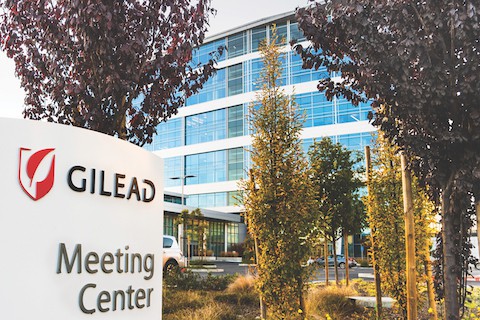
Gilead Sciences (Gilead) has announced the latest results from its two phase 3 studies assessing the long-term safety and efficacy profile of Biktarvy for the treatment of people living with HIV with a range of comorbidities.
The company presented its real-world data at the 30th International Congress on Drug Therapy in HIV Infection (HIV Glasgow 2022) including results from the Bictegravir Single Tablet Regimen (BICSTaR) study, which highlighted Biktarvy (bictegravir 50mg/emtricitabine 200mg/tenofovir alafenamide 25mg tablets, B/F/TAF) as a generally well-tolerated and efficacious regimen, regardless of prior treatment and comorbidity status in people with HIV.
Among the people with HIV enrolled in the BICSTaR study, there is a high baseline prevalence of comorbidities.
The 24-month BICSTaR follow-up analysis evaluated the effectiveness and safety of Biktarvy in clinical practice across nine countries and included follow-up during the COVID-19 pandemic, taking into consideration age, race, sex, adherence and late diagnosis in the population group.
Five-year data from the two phase 3 studies – Study 1489 and Study 1490 – gave evidence of the long-term safety and efficacy profile of Biktarvy in patients who switch from a dolutegravir-containing regimen.
The presentation also included additional data from Study 1489 and Study 1490, which showed Biktarvy’s high efficacy and sustained safety for people switching to the treatment, with a continued high barrier to resistance. These outcomes were reported in participants 96 weeks after switching to open-label Biktarvy following 144 weeks of blinded dolutegravir plus two nucleoside reverse transcriptase inhibitors (NRTIs).
At week 240, over 99% of participants in both Study 1489 and Study 1490 achieved viral suppression. Moreover, at every visit through 240 weeks, the study demonstrated that following the switch to Biktarvy, efficacy was >96%, demonstrating that Biktarvy may provide sustained viral suppression for people with HIV, even after switching treatments.
Trial participants who initiated treatment with Biktarvy experienced high viral suppression, while overall, 97% of those classed as treatment-naïve and 95% of those classed as treatment-experienced achieved viral suppression at 24 months.
The studies offered no reports of treatment-emergent resistance. There is currently no cure for HIV or AIDS.
“As we strive to advance scientific innovation with the goal of helping to end the HIV epidemic, we’re committed to a treatment research programme that addresses the individual needs of all people with HIV,” said Jared Baeten, vice president, HIV clinical development, Gilead.
He added: “Gilead’s ongoing, person-centred research is focused on the evolving needs and preferences of people living with HIV. This latest data presented at HIV Glasgow 2022 demonstrates the clinical use of innovative medicines like Biktarvy to help a broad range of people with HIV, regardless of their burden of comorbidities.”




